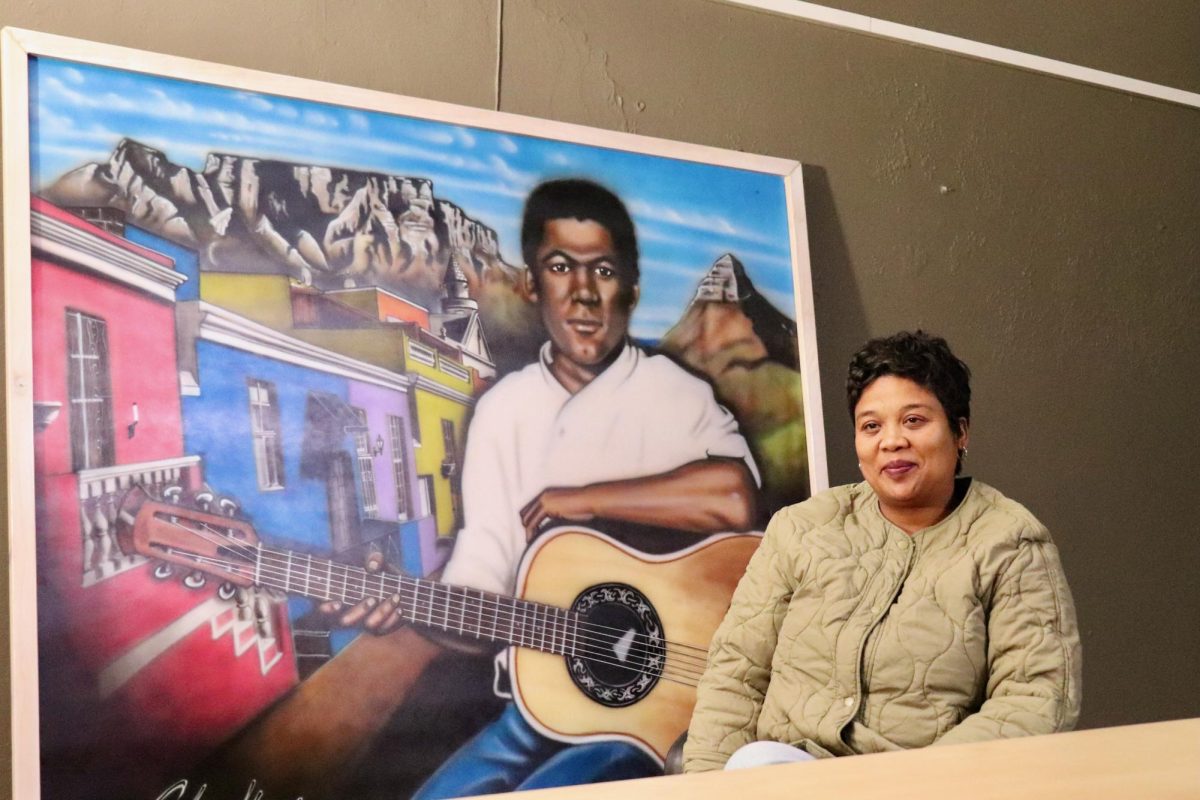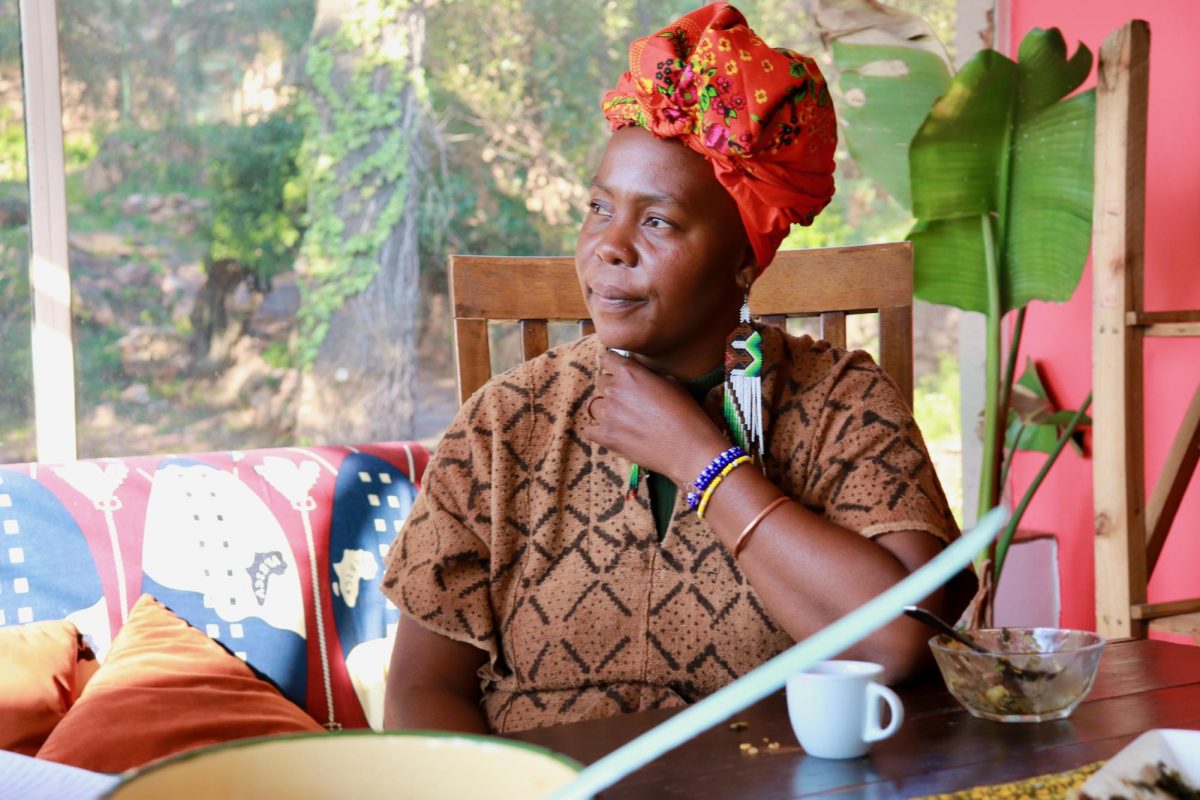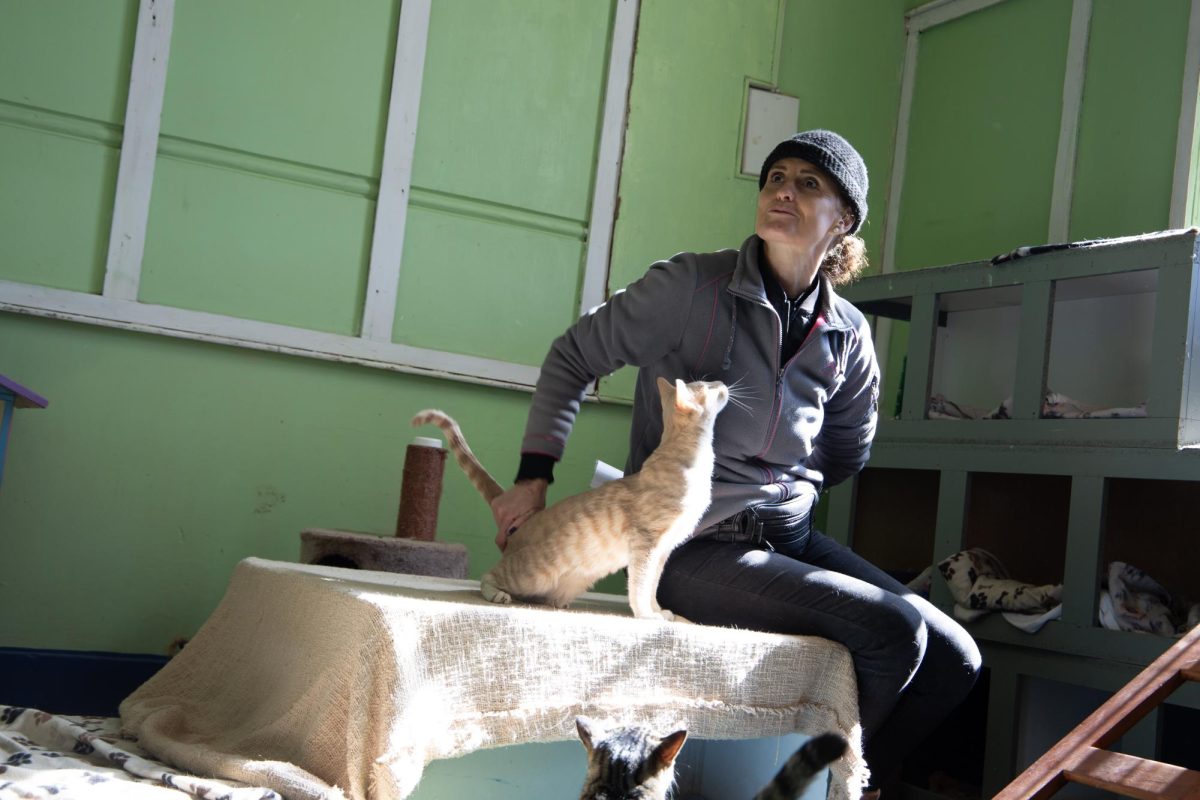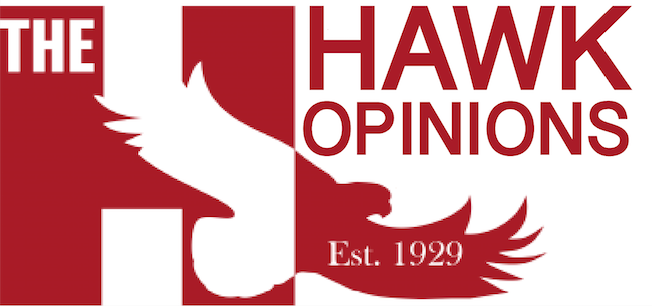The influence social media platforms have on democracy
One of the holiest days of the Christian calendar, a day that is supposed to be filled with worship and celebration, soon turned to chaos in Sri Lanka. The terrorist attacks that Islamic State has now claimed responsibility for resulted in over 200 people dead across the country after the terrorists’ targeted churches during Easter mass.
Not even an hour after the attacks, people took to social media to spread information about what was happening, most of the information being false. Sri Lankan Prime Minister Ranil Wickremesinghe then addressed the country by imposing a nationwide ban on social media in an effort to censor the viral spread of false information about the attacks.
Social media platforms serve as a tool in which governments can relay crucial information to the vast majority of its citizens, especially in the context of tragedy and other important news.
Platforms like Twitter give people the voice that allows them to reach large numbers of people at a time, serving as a tool that can unite people with similar goals to come together and fight unjust situations.
A well known example of this is the fall of Hosni Mubarak as a result of the Egyptian Revolution in 2011. Mubarak’s policies on internet censorship backfired, causing the citizens to take to social media in order to remove the autocratic dictator out of government.
Another, but rather negative, example of the use of social media in times of turmoil is shown in Myanmar. Posts on Facebook made by Myanmar military personnel enraged people so much that it eventually led to even more violence in the midst of an ongoing civil war. The country’s government officials then put the blame on Facebook CEO Mark Zuckerberg, accusing him and his platform of not intervening in a time of need.
Today, the same social media platforms used in 2011 have proven to be as much of a disservice as it has shown itself to be a tool. As more and more people take to social media in times of crisis, the value of information has proven to decrease. The spread of misinformation during trying times is both vast and hard to filter out.
The spread of misinformation online could seem harmless and ultimately unimportant in theory. But in reality, this kind of communication has proven to be more powerful than just internet trolls making poor use of their time.
These situations pose the ethical dilemma as to what extent free speech should be allowed on social media sites, as it could potentially incite violence.
Sri Lanka is vulnerable in this sense because their political and religious differences could easily be taken to extremes in times of crisis. Their use of social media in these times have the possibility to only make matters worse.
Sri Lanka is primarily made up of Buddhists, however, Christians, Hindus and Muslims also make up a large portion of the population and there is often a cultural and religious clash in certain parts of the country.
Given the demographics of Sri Lanka, it makes sense why Wickremesinghe would quickly try to censor social media after the attacks. Having seen the effects the platforms serve in these times for an already divided state makes many weary of how citizens and governments use these sites.
We often underestimate the role social media can play in times of crisis. We use platforms like Facebook and Instagram everyday without considering the power these tools may have when put them into a different context.
In times of political division, it is important to stay mindful of the polarization social media can cause, especially in times of crisis, and that our perception of reality could be highly biased on what we learn from these sites.









































